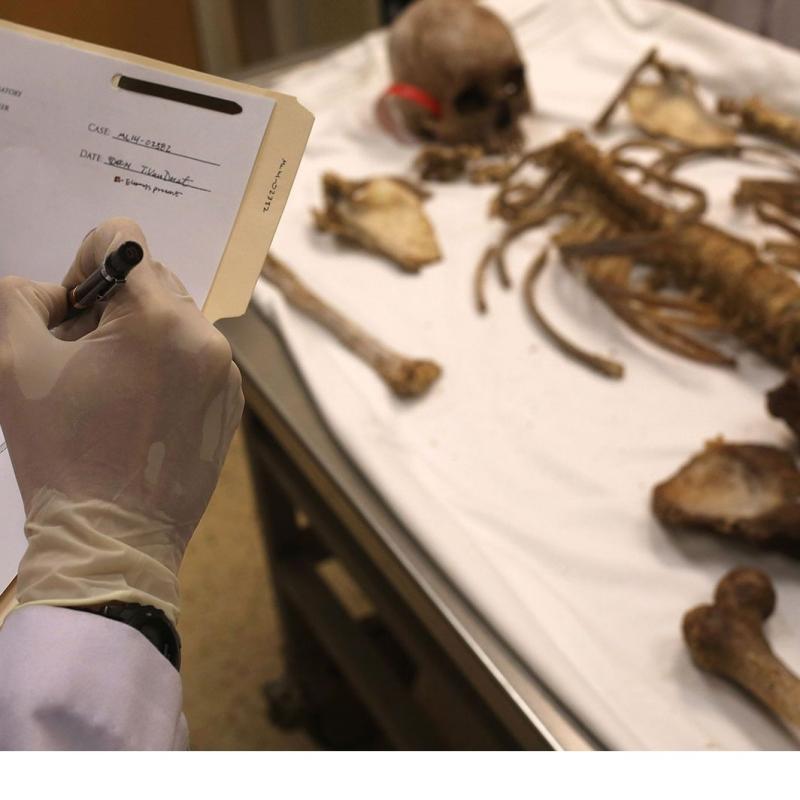Results 1 - 1 of 1

Forensic Anthropology
Forensic anthropology is a branch of anthropology that focuses on the identification and analysis of human remains for legal purposes. Forensic anthropologists use their knowledge of human skeletal anatomy and biology to help law enforcement agencies and medical examiners identify human…
More
Forensic anthropology is a branch of anthropology that focuses on the identification and analysis of human remains for legal purposes. Forensic anthropologists use their knowledge of human skeletal anatomy and biology to help law enforcement agencies and medical examiners identify human remains, determine the cause of death, and provide evidence in criminal investigations.
Forensic anthropologists are trained to examine skeletal remains and can determine a variety of information from bones, including age, sex, stature, and ancestry. They may also examine other features such as injuries, marks, and trauma to determine the cause and manner of death. In addition to analyzing skeletal remains, forensic anthropologists may also analyze teeth, DNA, and other biological evidence to help identify human remains.
Forensic anthropologists may work with law enforcement agencies, medical examiners, coroners, and other forensic scientists to help solve crimes and identify victims of natural disasters, mass fatalities, or war. They may also provide expert testimony in court cases and may be involved in the recovery and analysis of remains from historical or archaeological sites. Less
Forensic anthropologists are trained to examine skeletal remains and can determine a variety of information from bones, including age, sex, stature, and ancestry. They may also examine other features such as injuries, marks, and trauma to determine the cause and manner of death. In addition to analyzing skeletal remains, forensic anthropologists may also analyze teeth, DNA, and other biological evidence to help identify human remains.
Forensic anthropologists may work with law enforcement agencies, medical examiners, coroners, and other forensic scientists to help solve crimes and identify victims of natural disasters, mass fatalities, or war. They may also provide expert testimony in court cases and may be involved in the recovery and analysis of remains from historical or archaeological sites. Less


